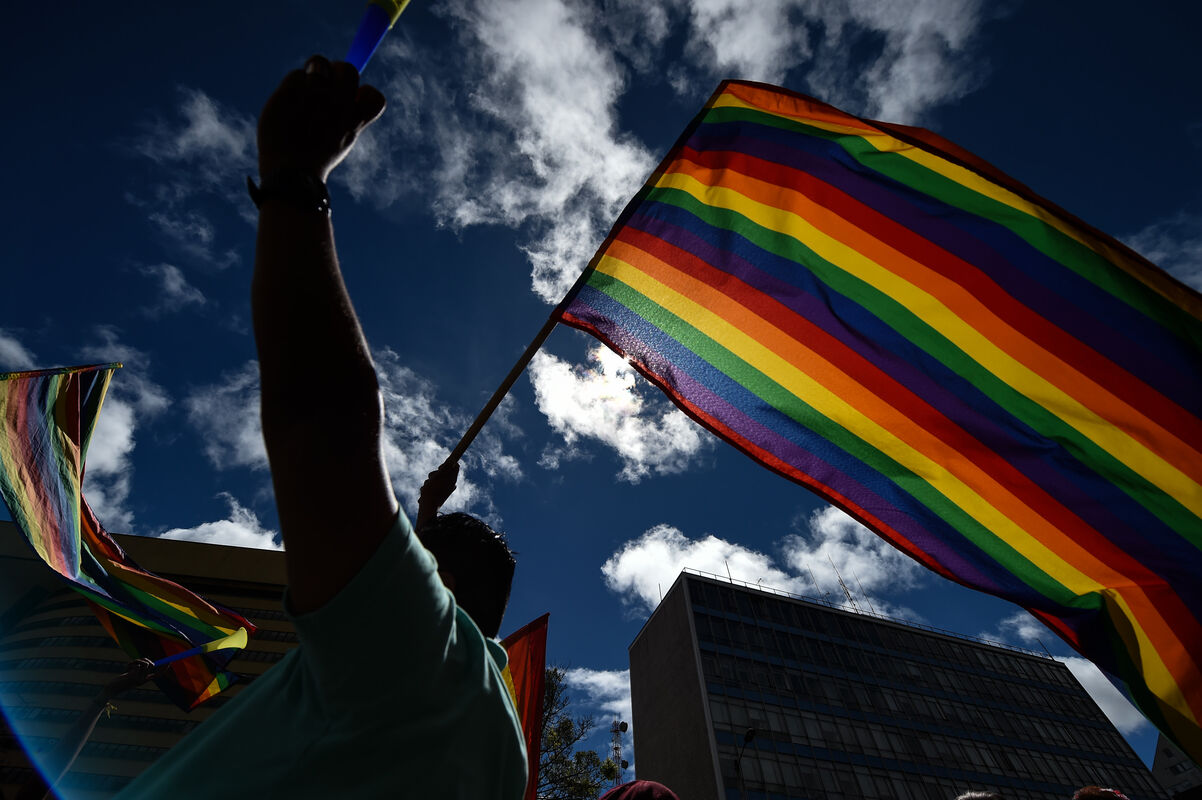A transgender man in Botswana won his right to be identified as “male” on identity documents, a groundbreaking first for the African nation.
The Lobatse High Court ruled on Friday that a refusal to recognize the plaintiff’s gender identity would contravene his “rights to dignity, privacy, freedom of expression, equal protection of the law, freedom from discrimination and freedom from inhumane and degrading treatment,” as African News Network reported.
The complainant, who was assigned female at birth, brought the case after being denied identification that matched his gender identity by the Registrar of National Registration.
The transgender person behind the historic ruling was not named in the suit, but he spoke to Human Rights Watch under the condition of anonymity. “I am overjoyed and humbled at the same time,” he told the international civil rights group, “to have finally found the legal relief I have sought for the past seven years of my life.”
LGBTQ rights advocates in Botswana championed the decision from Justice Godfrey Nthomiwa.
“This is a monumental victory for the rights of transgender persons in the region,” says Tashwill Esterhuizen, who serves as the LGBT and Sex Worker Rights Program Lawyer for the Southern Africa Litigation Centre, in a statement. “The judge’s finding that the refusal to change a transgender person’s identity documents violates constitutional rights, goes a long way in improving the lives of transgender persons.”
“The impact of this case should not be underestimated,” adds Ian Southey-Swartz, the Open Society Initiative of Southern Africa’s LGBTQ Program Manager, in a press release. “If properly implemented, it has the potential to positively change the lives of transgender persons.”
The favorable ruling follows a similar case brought by trans activist Tshepo Ricki Kgositau earlier this year. Her hearing had been delayed until December.
It’s also just the latest in a series of progressive decisions from the historically conservative nation, where homosexuality remains illegal. The courts allowed LGBTQ advocacy groups to openly lobby for queer and trans rights in 2014, which paved the way for Lesbians, Gays and Bisexuals of Botswana (LEGABIBO) to register with the government.
Although a conviction for homosexuality is punishable with up to seven years in prison, judges stated that being LGBTQ isn’t criminal in itself.
But even despite these steps forward, queer and trans people still face immense challenges in the country of 2 million people, which has one of the world’s highest rates of HIV/AIDS infections. President Ian Kharma, a fierce opponent of LGBTQ rights, has refused to allow the distribution of condoms in prison to curb the spread of the virus.
Botswana, which is majority Christian, has been noted as slightly more tolerant than its neighbors on LGBTQ issues. The country offers some protections on the basis of sexual orientation in the workplace.
It’s still legal, however, to fire a trans person for their gender identity.
Don't forget to share:
Help make sure LGBTQ+ stories are being told...
We can't rely on mainstream media to tell our stories. That's why we don't lock our articles behind a paywall. Will you support our mission with a contribution today?
Cancel anytime · Proudly LGBTQ+ owned and operated
Read More in Impact
The Latest on INTO
Subscribe to get a twice-weekly dose of queer news, updates, and insights from the INTO team.
in Your Inbox













